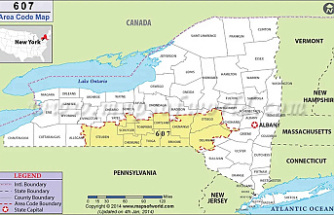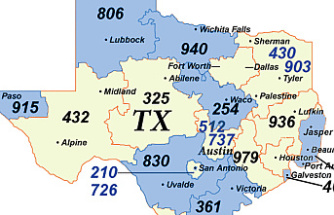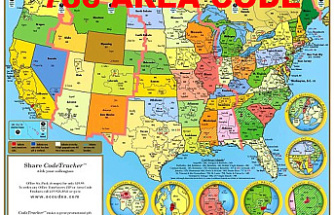SOUTH EUCLID, Ohio -- The city will seek to become a player in the medical marijuana business that will soon be operating in Ohio communities.
"There's great potential in our manufacturing district," Mayor Georgine Welo said of the Green Road area on the north end of the city where medical marijuana businesses could operate within South Euclid.
The use of medical marijuana was approved by the state legislature last year. The medical marijuana business involves three components -- cultivation, processing and dispensing.
"We would like to do all three," said Councilman at-large Jason Russell. "We're interested in implementing medical marijuana in harmony with our residents' best interests and as an income opportunity."
Russell, who is chair of City Council's Zoning & Planning Committee, has been working the past several months in determining proper venues for the phases of the business. He has done so by scrutinizing the city's zoning map and noting locations that are not near schools, parks, churches or the library.
At Monday's council meeting, a resolution was passed that continues the six-month moratorium South Euclid placed in September, 2016, on all things that would further medical marijuana operations in South Euclid. The continuation of the moratorium, for up to six months, merely enables the city to complete the process of lining up its regulations to welcome potential business.
The city's Planning Commission will discuss the subject of medical marijuana at its meeting at 7 p.m. March 9 at city hall, and Russell's committee will address the topic at its meeting, at 6:30 p.m. March 13.
Several area communities placed moratoriums on the medical marijuana business in 2016. Recently, the city of Richmond Heights lifted its moratorium and made clear that it is open to offers in the areas of cultivation, processing and dispensing in hopes of increasing income. The city of Eastlake has done the same.
Meanwhile, Highland Heights Council President Cathy Murphy said recently that that city will state its intention that it does not want medical marijuana being grown, processed or sold within its borders.
In other South Euclid Council news:
-- The city conveyed to its development corporation, One South Euclid, three vacant properties that could be the site of new homes.
The properties, 3777 Grosvenor Road, 1392 Francis Court and 184 Greenvale Drive, once had homes on them that have since been demolished. The properties were deeded through donation to the city by the Cuyahoga Land Bank.
Economic Development Director Michael Love said the properties' neighbors will have the first opportunity to buy them to add to their own properties. If neighbors don't want the additional properties, they will be offered for sale to developers who can build upon them.
-- During a council Committee-of-the-Whole meeting held before Monday's regular council meeting, Ward 3 Councilman Ed Icove recommended changes in the ways the city pays for its legal work.
Icove suggested paying the city's law director, a part-time job, a flat fee of $110,000, and reducing the city's team of three part-time prosecutors to one full-time prosecutor who would earn $75,000 annually.
In addition, Icove recommended that his council colleagues look at putting a limit of $100,000 on the amount of outside legal fees the city could pay in a year. The figure, last year, stood at about $210,000, Icove said.
Law Director Michael Lograsso is scheduled to earn $62,810 in 2017 for his municipal work, which includes preparing and reviewing legislation, attending meetings, making sure actions the city takes are legal, and other chores.
Mayor Georgine Welo said Lograsso makes an additional $137.50 per hour in additional recompense by representing the city in lawsuits, in union negotiations and disputes, in arbitration hearings and in other ways.
"One-hundred-thirty-seven dollars an hour is cheap when a lot of firms charge you $250 an hour," Welo said. "If we paid him $110,000 a year it would end up costing us more."
Welo said that no lawyer can handle all cases and that outside legal help is always needed.
Icove said Lograsso's hourly pay added to his salary brought him just over $170,000 in pay in 2016.
"It's part-time position," Icove said. "This isn't about Mike Lograsso, it's about how much he's compensated."
The the city's three part-time prosecutors are budgeted to earn about $72,000 in 2017. Welo said there are three of them because their work is spread out over five days, but don't include full days' work.
"There wouldn't be enough work for one (full-time) prosecutor," she said in reference to Icove's recommendation.
Icove expects his recommendations to be discussed further as council's budget talks move forward.
-- Council approved an ordinance fixing the salary ranges of its employees. Approval means 15 city employees will receive 2-percent raises.
Russell and Icove voted against the legislation. Russell said he wanted to raise the minimum paid to employees to $12 per hour from the current $10 some now receive.
Our editors found this article on this site using Google and regenerated it for our readers.












